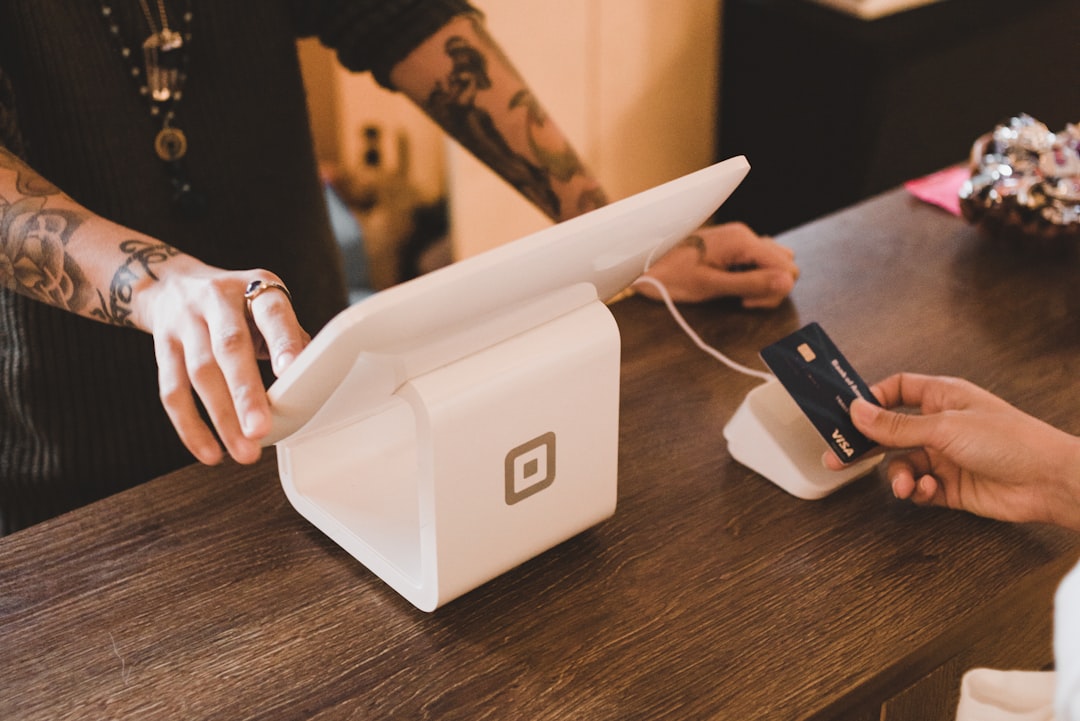I used to throw away so much food it felt like I was tossing money straight into the trash.

Each week, I’d buy beautiful fresh produce with the best intentions. I’d imagine healthy meals and vibrant salads. But by the end of the week, I’d find wilted greens, moldy berries, and sad, shriveled vegetables in the back of my fridge. It was a constant cycle of waste and guilt.
This was back when I was struggling with my health, battling binge eating, and feeling completely out of control. Wasting food was just another symptom of a bigger problem. I wasn’t being intentional with my health, my time, or my resources. When I finally decided to change my life, losing over 110 pounds and building a lifestyle I could be proud of, I realized that taking care of my groceries was part of taking care of myself. It was about stewardship. It was about respecting the food I was blessed with and the money I worked hard to earn.
Learning these simple tricks didn't just save me money. It helped me build discipline and a sense of order in my kitchen and my life. I want to share them with you, because these small habits can make a huge difference.
My 12 Go-To Tricks for Fresh Groceries
You don’t need fancy gadgets or a complicated system. You just need a little know-how. Here are the simple methods I use every single week to keep my food fresh and my kitchen under control.
Treat Your Herbs Like Flowers. Don’t just toss that bunch of cilantro or parsley in the crisper drawer. They will wilt in a day or two. Instead, trim the stems slightly and place them in a glass with an inch of water, just like a bouquet. For most herbs like parsley and cilantro, you can cover them loosely with a plastic bag and put them in the fridge. For basil, leave it on the counter.
Give Your Leafy Greens a Paper Towel Blanket. Greens like lettuce and spinach get slimy when they’re wet. The key is to keep them dry. After washing your greens, dry them thoroughly. A salad spinner works wonders here. Then, store them in a container lined with a paper towel. The paper towel absorbs any extra moisture and can double the life of your greens.
Wash Berries with a Vinegar Solution. I know it sounds weird, but this is a game-changer. Mold spores on berries cause them to spoil quickly. To stop them, give your berries a quick bath in a solution of one part white vinegar and three parts water. Swish them around, then rinse them thoroughly with cool water. You won’t taste the vinegar, I promise. Dry them completely before storing them in the fridge.
Separate the Banana Bunch. Bananas release ethylene gas from their stems, which causes them and other nearby fruits to ripen faster. To slow this process down, separate the bananas from the bunch. For an extra layer of protection, wrap each individual stem with a small piece of plastic wrap.
Keep Potatoes and Onions Apart. These two are not friends. Onions and garlic should be stored in a cool, dark, and dry place with good air circulation. A basket in a pantry is perfect. Potatoes also need a cool, dark place, but storing them near onions will make them sprout. Keep them in their own separate bag or bin.
Let Tomatoes Live on the Counter. The refrigerator is the enemy of a good tomato. The cold temperature kills its flavor and makes the texture mealy and unpleasant. Keep your tomatoes on the counter, out of direct sunlight. They’ll taste so much better.
Manage Your Avocados. An avocado can go from rock-hard to mushy in what feels like five minutes. To control the process, leave hard avocados on the counter to ripen. Once they reach that perfect stage of ripeness, you can move them to the fridge. This will halt the ripening process and keep them perfect for a few more days.
Wrap Celery and Broccoli in Foil. Instead of leaving celery or broccoli in the plastic bag from the store, wrap them tightly in aluminum foil before putting them in the crisper drawer. It keeps them incredibly crisp for weeks. I’m not kidding—weeks.
Let Mushrooms Breathe in a Paper Bag. Plastic is the worst thing for mushrooms. It traps moisture and makes them slimy. When you get them home, take them out of the plastic container and put them into a simple paper bag. The bag allows them to breathe and absorbs excess moisture.
Keep Bread Out of the Fridge. Putting bread in the refrigerator actually makes it go stale faster. The best place for your loaf is in a bread box at room temperature. If you know you won’t finish it in a few days, slice it up and put it in the freezer. You can pull out a slice at a time and toast it.
Give Apples Their Own Space. Like bananas, apples release a lot of ethylene gas. Storing them next to your other produce can cause everything to spoil much faster. I give my apples their own drawer or bowl, away from other sensitive fruits and vegetables.
Use the "First In, First Out" Rule. This is a simple organizational habit. When you buy new groceries, move the older items to the front of the fridge or pantry. Put the new items in the back. This way, you naturally reach for the older food first and use it before it has a chance to go bad.
It’s More Than Just Saving Food
Mastering these little tricks helped me build confidence in the kitchen. It was a small win, but as I learned on my weight loss journey, small wins add up. Each vegetable I saved was a reminder that I was in control. I was being a good steward of what I had.
This isn't about achieving a perfect, zero-waste kitchen overnight. It's about taking small, practical steps to build a more intentional and less wasteful life. It’s about honoring the food we eat and the bodies we are trying to nourish. It’s a form of respect for yourself and your home.
So, here’s my challenge to you: What’s one trick from this list you can try with your next grocery run?
Pick one. Maybe it's wrapping your celery in foil or giving your berries a vinegar bath. Start small, and see how a little bit of intention can change everything.





